 Loading... Please wait...
Loading... Please wait...- Home
- Thorne Research
- Thorne Research Double Strength Zinc Picolinate 180 Veggie Caps
Thorne Research Double Strength Zinc Picolinate 180 Veggie Caps
Product Description
Thorne Research Double Strength Zinc Picolinate 180 Veggie Caps
Description
- Dietary Supplement
- Hypo-Allergenic
- A High Bioavailability Double-Strength Zinc Supplement
- Our Best-Absorbed Zinc Supplement
- Essential for Growth and Immune Function
- Promotes Reproductive Health
- Without Preservatives, Magnesium Stearate, or Other Lubricants and Diluents
Zinc is essential for growth, immune system function, testosterone metabolism, as a cofactor for the antioxidant enzyme superoxide dismutase, and for many other functions in the body. Zinc is involved in the functioning of over 200 enzymes and plays a key role in genetic expression, cell division, and growth.
Zinc deficiency has been associated with adverse impacts on a number of structures and functions of the body. Individuals susceptible to zinc deficiency include the elderly, the immuno-compromised, those on parenteral nutrition, and burn victims.
Clinical studies demonstrate zinc supplementation can increase general wellness, and that it has a beneficial impact on connective tissue as well as reproductive health and eye health.
Because of zinc's essential role in human nutrition and metabolism, there is much interest in the absorption of zinc from both dietary intake and dietary supplements. While dietary zinc intake is effective in most situations, not all zinc dietary supplements have equal bioavailability.
Picolinic acid is a natural mineral chelator produced in the body. It is produced from the amino acid tryptophan in the liver and kidneys and is transported to the pancreas. During digestion, it is secreted from the pancreas into the small intestine, where it binds to minerals to facilitate their absorption.
Because picolinic acid facilitates the absorption of minerals, Zinc Picolinate is absorbed to a higher degree than is other zinc supplements.
Suggested Use
Take 1 capsule one to two times daily or as recommended by your health-care practitioner.
Other Ingredients
Microcrystalline cellulose, hypromellose (derived from cellulose) capsule, leucine, silicon dioxide.
Warnings
Tamper Evident: Use only if bottle is sealed.
If pregnant, consult your health-care practitioner before using this product.
Store tightly sealed in a cool, dry place.
| Supplement Facts | ||
| Serving Size: One Capsule | ||
| Each Capsule Contains: | Amount Per Serving | % DV |
| Zinc (as Zinc Picolinate) | 30 mg | 200% |
| Daily Value (DV) | ||

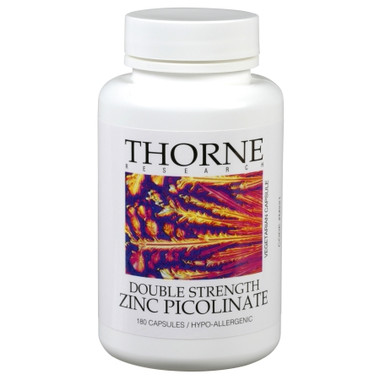



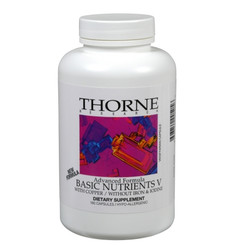
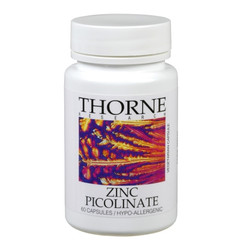

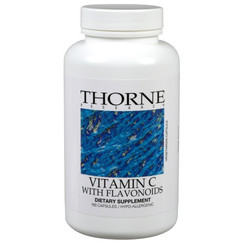
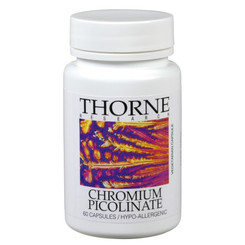
 Our newsletter
Our newsletter